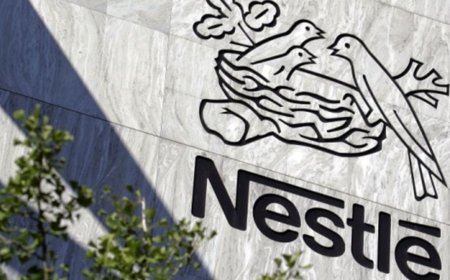Does Fat Melting Injection affect metabolism?
Considering Fat Melting Injections in Dubai? Learn about the procedure, cost, expected benefits, and find tips for choosing a qualified provider.
In recent years, Fat Melting Injections have gained popularity as a non-surgical solution for targeted fat reduction. Many people in Dubai and around the world opt for this Fat Melting Injection In Dubai treatment to eliminate stubborn fat deposits that resist diet and exercise. However, a common question arises: Do Fat Melting Injections affect metabolism? To understand this, we need to explore how these injections work, their impact on fat cells, and whether they influence metabolic processes.
Understanding Fat Melting Injections
Fat Melting Injections typically contain compounds like phosphatidylcholine (PPC) and deoxycholate (DC), which break down fat cells in localized areas. When injected into fatty tissues, these substances disrupt fat cell membranes, causing them to release stored triglycerides. The body then metabolizes and eliminates these fats through natural processes.

How Metabolism Works?
Metabolism refers to the biochemical processes that convert food into energy. It consists of two main components:
Catabolism – The breakdown of molecules to release energy.
Anabolism – The synthesis of compounds needed for cellular functions.
Do Fat Melting Injections Boost Metabolism?
The direct impact of Fat Melting Injections on metabolism is still debated. Here’s what research and experts suggest:
Localized Fat Breakdown vs. Systemic Metabolic Change
Fat Melting Injections work on a localized level, meaning they target specific fat deposits rather than triggering whole-body fat loss. Since they do not directly influence hormones like thyroid or adrenaline (which regulate metabolism), their effect on BMR is minimal.However, some argue that by reducing fat volume, the body may experience indirect metabolic benefits. Less fat could mean improved insulin sensitivity and better energy utilization, which might support a healthier metabolic function over time.
Fat Elimination and Energy Expenditure
When fat cells are broken down, the released triglycerides enter the bloodstream and are processed by the liver. The body then uses them for energy or eliminates them as waste. This process requires some energy, but not enough to significantly boost metabolism.
Long-Term Metabolic Effects
If Fat Melting Injections lead to reduced fat storage, the body may function more efficiently. Excess fat, especially visceral fat, is linked to metabolic disorders like insulin resistance and slow metabolism. By decreasing fat deposits, these injections could indirectly support metabolic health, though they are not a standalone solution for metabolic enhancement.
Fat Melting Injections vs. Other Fat Loss Methods
To better understand their metabolic impact, let’s compare Fat Melting Injections with other fat-loss approaches:
● CoolSculpting (Cryolipolysis)
-
Freezes fat cells, leading to gradual elimination.
-
No direct metabolic effect, similar to injections.
-
Results are progressive rather than immediate.
● Liposuction
-
Surgically removes fat cells.
-
Does not improve metabolism; may even reduce fat-burning if not followed by a healthy lifestyle.
Can Fat Melting Injections Complement Metabolic Health?
While these injections don’t directly speed up metabolism, they can be part of a holistic fat-loss strategy. Here’s how:
-
Combined with Exercise: Building muscle through strength training can enhance metabolism, while injections target resistant fat areas.
-
Paired with a Balanced Diet: Eating nutrient-dense foods supports metabolic function, and injections help eliminate stubborn fat.
-
Improving Body Composition: Reducing fat percentage may lead to better hormonal balance and metabolic efficiency.
Conclusion
Fat Melting Injections primarily target localized fat without directly influencing metabolism. They break down fat cells for elimination but do not increase calorie burn or alter metabolic rate significantly. However, by reducing fat deposits, they may indirectly support metabolic health when combined with proper diet and exercise.







































































